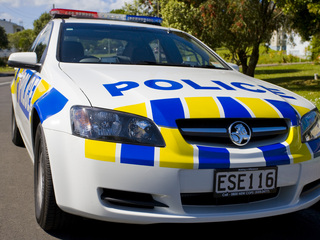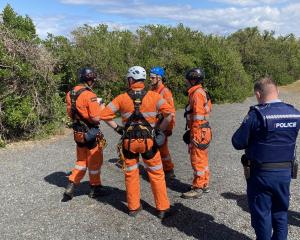
Police offers were justified in initiating the pursuit in Christchurch but did not communicate effectively, the Independent Police Conduct Authority has found.
In December 2018, police received a call about a man who was acting suspiciously in a van in outside a pre-school in Woolston, Christchurch.
He had been sleeping in the van.
When the man drove off, officers signalled him to stop but he rammed their police vehicle twice.
A pursuit was commenced but was abandoned 92 seconds later as the pursuit controller mistakenly believed the man's identity was known and that he could most likely be located through inquiries.
Police searched for and located the vehicle and recommenced the pursuit after it was established the identity of the driver was unknown.
The IPCA has found It was not unreasonable for the pursuit controller to allow the second pursuit to continue at this point, however, they say he should have made sure permission was given at the time.
"This was an unusual situation where officers had good reason to want to confirm the identity of the driver. They had been told the man was sleeping in his van outside the pre-school and therefore of no fixed abode, he failed to stop when signalled, and committed a criminal offence when he rammed the officers' vehicle.
"This was not the first time concerns had been raised with police about the van being parked outside the pre-school. The van had also been involved in a prior unrelated incident," said authority chair, Judge Colin Doherty.
The authority found that officers lacked understanding of what activity is permitted after a pursuit has been abandoned.
The pursuit controller and the officers should have communicated more effectively during the pursuit, the IPCA said in its decision.
The man drove at a slow speed throughout the pursuit, however he continued to ram police vehicles, avoided at least three sets of road spikes, and during the pursuit rang 111 saying he wanted to end his life.
The recommenced pursuit should have been abandoned when the man drove through a service station forecourt, however officers failed to provide necessary, accurate information about this to the communication centre.
The 8-minute pursuit ended when the man's van collided with a patrol car at low speed. The man struggled with officers, which led to the use of the police dog.
In its decision, the IPCA said officers were justified in initiating a pursuit, but throughout the pursuit critical information was not communicated between officers and the communication centre to enable effective risk assessments.
An officer was also justified in using his police dog to help in the arrest of the man, it found.













